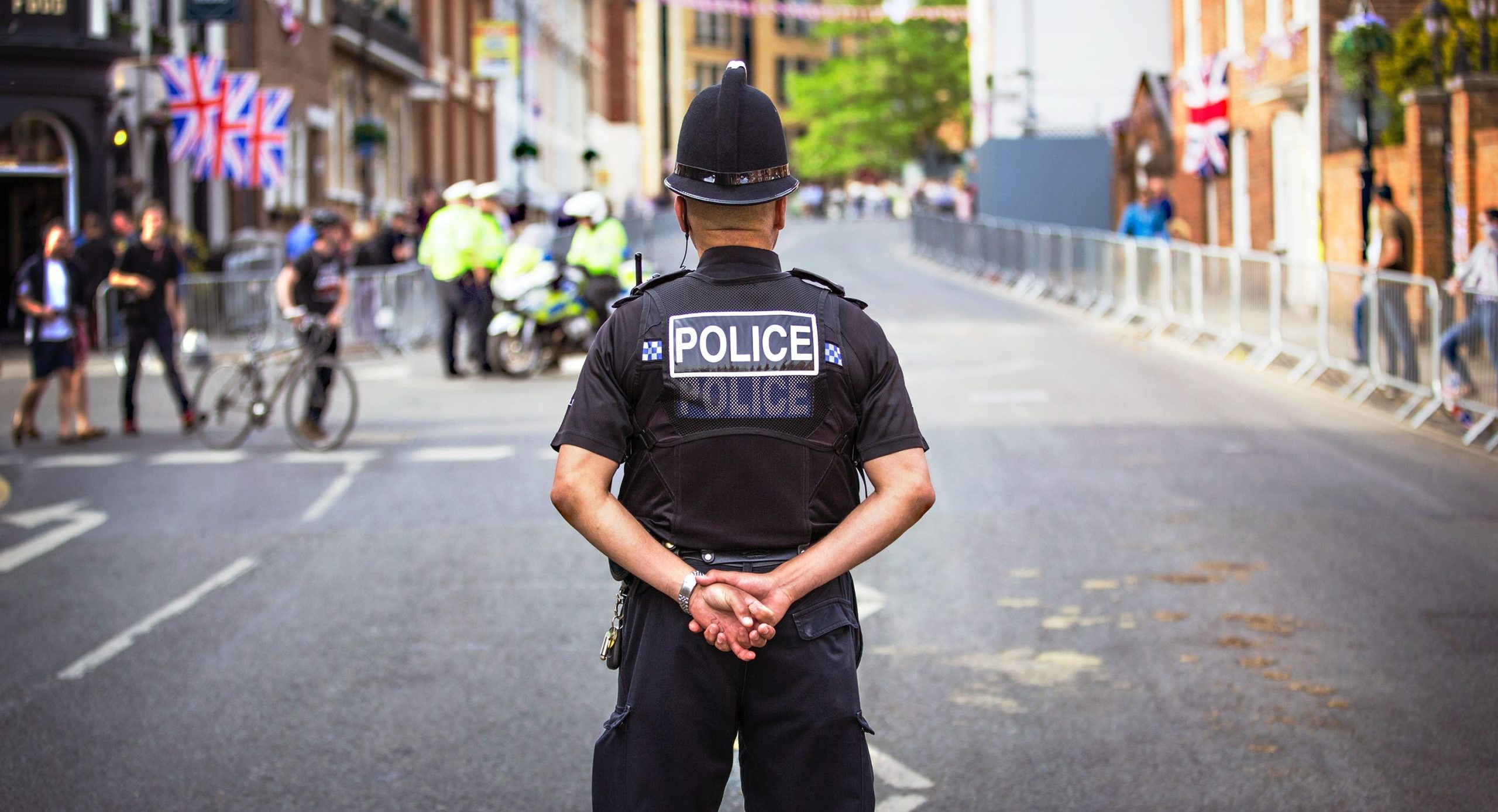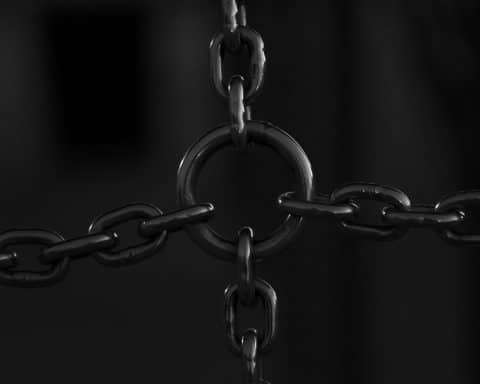
Is it a high-stakes game of chicken? The Metropolitan police chief, Sir Mark Rowley, has said that his officers will not attend calls for mental health incidents from 31 August 2022 unless there’s an immediate threat to life.1 This unilateral decision by the Met has put the onus squarely back on their ‘partners’ in mental health, emergency and hospital services to take responsibility for mental health incidents.
Are police the right people to attend a mental health crisis? The Chief of the Met Police doesn’t believe so, and is hoping to implement a plan first piloted in the North East of England to get people seen by a health care providers rather than a police response. The ‘Right Care, Right Person’ (RCRP) plan was developed by Humberside Police after the force determined that they were attending over 1500 mental health, welfare and missing persons incidents each month.2 The Humberside team wanted to tackle the substantial increases in the number of calls made to police services relating to mental health issues, an increased demand that the Force determined was diverting police resources away from dealing with criminal activities. This isn’t just a regional issue, with mental health emergencies accounting for between 15-20% of all UK police incidents.3 Are the police filling gaps in mental health services? The Royal College of Psychiatrists’ position is that an insufficient mental health workforce is leading to longer waits and people turning to emergency or crisis services due to a lack of mental health support.4 The British Medical Association (BMA) suggests that the mental health workforce has seen a significant decline across all staff groups between 2009-2018, alongside a dramatic increase in demand for mental health services. Let’s also keep in mind that the GP workforce is in ‘crisis’, and GPs are often the first port of call for people with mental health issues, but while the number of patients needing help with their mental health has increased, the number of full-time equivalent GPs has decreased.5 With demand increasing, and capacity in health service decreasing, it’s not surprising that many police officers often feel that they are filling in gaps in mental healthcare as a result of poor service provision and financial constraints.3
Our expectations of the police force
The Royal College of Psychiatrists’ position is that an insufficient mental health workforce is leading to longer waits and people turning to emergency or crisis services due to a lack of mental health support.
It’s worth thinking about what we have come to expect from the police service, and the actual core duties of the police. The purpose of the police is to prevent and detect crime, and to ‘preserve the King’s peace’, as well as keep communities and people safe. Is mental health response a core police duty around keeping people safe, and what do the duties around community welfare actually mean in practice? And on the flipside, are police the best equipped to deal with a mental health crisis?
Mental health training amongst the police force is far from comprehensive. In response to a Freedom of Information request, the Metropolitan Police disclosed that student police officers receive only fairly minimal mandatory training on mental health. At the time of the FOI request, this included two e-learning packages totalling two hours, and an additional four hours of teaching using mental health toolkits and scenarios.(6)Police officers in the UK themselves report that their training in mental health is inadequate, and feel ill-equipped to handle mental health related calls.3,7 Police officers understand the challenges to multi-agency working, but partnerships and joint training can overcome some of these potential hurdles.
Moving forwards with a right care, right person approach
…although this story is currently only about the Metropolitan Police, the Right Care, Right Person programme is being slowly rolled out across the country.
The difference with the RCRP partnership in Humberside was that it involved an agreement (after what the Guardian called a year of ‘tense’ negotiations) between the police and health and social care partners, allowing the police call centre to signpost to partner agencies who had agreed to take on responsibilities. It was rolled out over 18 months using a phased approach. The internal evaluation demonstrated positive outcomes for the police in terms of fewer police deployments and savings on officer time, but it’s unclear what the impact was on the public. The plan from Humberside was to develop a national RCRP decision making toolkit to enable other regional forces and control rooms to implement the programme and clearly identify the calls that meet the threshold for police attendance (or not). These partnerships don’t seem to be fully in place yet in London, so it’s unclear whether other providers like the emergency services, mental health care providers and social services will have services up and running by Mark Rowley’s 31 August deadline to scoop up the shifting sands around the Met Police’s hands-off approach to mental health incidents. And although this story is currently only about the Metropolitan Police, the Right Care, Right Person programme is being slowly rolled out across the country. Is there enough capacity in the UK mental health system to take on this new approach? Currently, probably not. But as the pilots in Humberside demonstrated, time, financial investment, training and partnerships between the police and health care services can facilitate change. Mark Rowley says that his police force is failing the public twice, first by sending police officers to those in a mental health crisis when the police are not the right person for the job, and secondly by taking officer time away from crime fighting duties.1 Does unilaterally removing police officers from mental health crises mean that the Met police is failing Londoners thrice? It’s a high stakes game of chicken between the Met Police and their ‘partners’ in health services, with no winners in sight.
References
- Dodd V. Met police to stop attending emergency mental health calls. The Guardian. 2023.
- Right Care Right Person – Humberside Police: College of Policing; 2023 [Available from: https://www.college.police.uk/support-forces/practices/smarter-practice/right-care-right-person-humberside-police.
- Marsden M, Nigam J, Lemetyinen H, Edge D. Investigating police officers’ perceptions of their role in pathways to mental healthcare. Health Soc Care Community. 2020;28(3):913-21.
- Hidden waits force more than three quarters of mental health patients to seek help from emergency services [press release]. Royal College of Psychiatrists2022.
- Measuring progress: Commitments to support and expand the mental health workforce in England. London: British Medical Association; 2019.
- Time spent teaching recruits on mental health/to march: Metropolitan Police; 2022 [Available from: https://www.met.police.uk/foi-ai/metropolitan-police/d/february-2022/time-spent-teaching-recruits-on-mental-healthto-march/.
- Carey SJ. Police officers’ knowledge of, and attitudes towards, mental illness in southwest Scotland. Scott Med J. 2001;46(2):41-2.
Featured Photo by King’s Church International on Unsplash









This new approach really works NOT, especially when you are eventually told by police after an 80 minute wait for a callback even though you told the operator the whole reason of you call , you are the told to contact NHS 111, and when you do, they know nothing about the new approach from the police about mental health! And you spend another 47 minutes begging for them to agree to send an ambulance which then arrives nearly 3 hours later and the crew then call fire brigade 3 times before they attend and gain entry to find them dead, plus not sure on ambulances powers , not sure if they have any on the law books to break in and also fire brigade powers which under what I can find limited to where a fire is or suspected, no further powers of entry are on law books ?